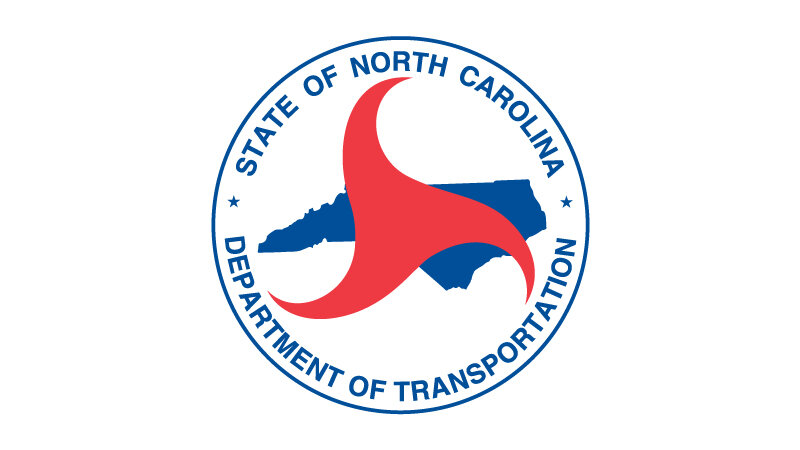Marine Fisheries Commission wants more input on modifying small mesh gill net rules; reviews options for southern flounder sector allocations
MOREHEAD CITY – The N.C. Marine Fisheries Commission wants input from its advisors before it moves forward with possible future modifications to small mesh gill net rules.
At its meeting last week, the commission chose a variety of options for the Division of Marine Fisheries to explore as a first step toward amending rules pertaining to yardage limits, attendance requirements, when and where nets may be set, and allowable mesh sizes. The commission asked that all options be brought before the Finfish, Northern, and Southern advisory committees before they are brought back to the commission for additional consideration.
The division, at the direction of the commission and the secretary of the Department of Environmental Quality, is reviewing North Carolina’s small mesh gill net rules with a focus on reducing regulatory complexity, bycatch concerns, and user conflicts, and asked for the commission’s feedback.
The commission also asked the division to consider several different options for sector harvest allocations in the Southern Flounder Fishery Management Plan Amendment 3.
Until now, the allocation between the commercial and recreational sectors in fishery management plans has been based on historical harvest. In Amendment 3, that would equate to about 73% commercial and 27% recreational but advocates of the recreational fishery have asked for an increased recreational allocation.
The commission voted to ask the division to include options in the amendment for commercial/recreational allocations at
70/30, 65/35, 60/30 with a 10% allotment for gigging, 60/40, and 50/50.
Additionally, the commission heard presentations from division staff on recently completed striped bass assessment reports and a resulting revision toAmendment 1 to the N.C. Estuarine Striped Bass Fishery Management Plan. The revision will implement adaptive management contained in the current management plan that will reduce fishing mortality in the Albemarle Sound/Roanoke River Management Area by 57% effective Jan. 1, 2021.
Following staff presentations, commissioner Pete Kornegay offered a Ten-Year Prescription for the Recovery of the Albemarle Sound/ Roanoke River Striped Bass Stock, which included at least a five-year moratorium on all striped bass harvest in these waters and a two-year phase out of gill nets, except large mesh gill nets in the Chowan River for blue catfish. The commission took no action in requesting supplemental measures.
In other action, the commission voted to:
Begin the rulemaking process to protect all species from highly efficient gear on state ocean artificial reefs;
Approve nominees for at-large seats on the South Atlantic Fishery Management Council and the Mid-Atlantic Fishery Management Council;
Approve proposed rule language to prohibit repacking of foreign crab meat in North Carolina;
Readopt rules 15A NCAC .3401-.3407 pertaining to recreational water quality monitoring, evaluation, and noticing under a mandatory periodic review schedule;
Continue the suspension of portions of rule 15A NCAC 03M .0301 (b)(2) and (3)(A)(B) King Mackerel for Proclamation FF-37-2020, which increased the recreational possession limit of King Mackerel.


